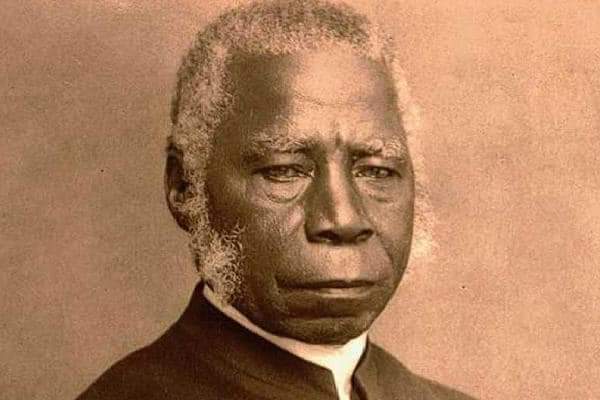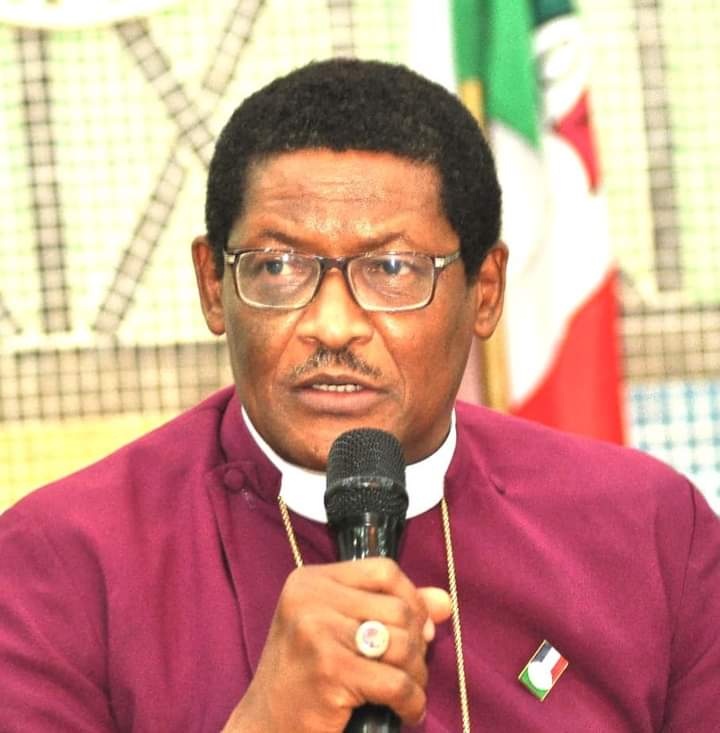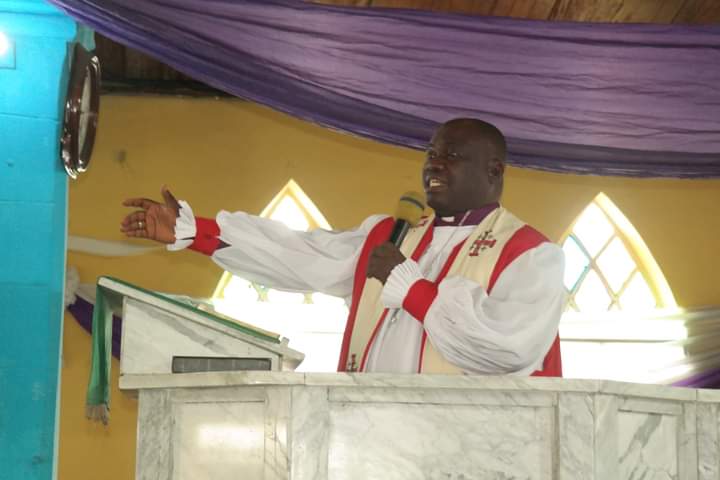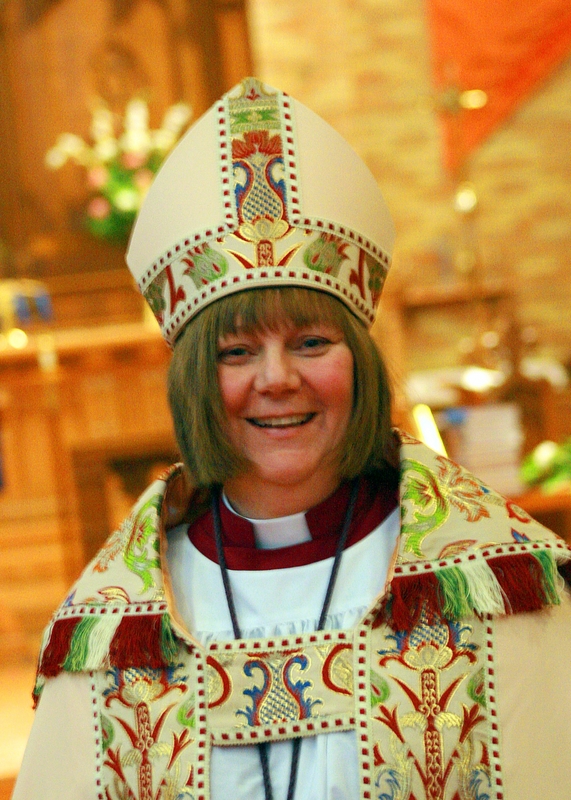During a solemn memorial lecture commemorating 160 years since the consecration of Samuel Ajayi Crowther, the first Bishop in Africa, His Grace, the Most Rev Dr Henry Ndukuba, Primate of the Church of Nigeria, Anglican Communion, delivered a powerful condemnation of discrimination in all its forms across human society. The event took place on Saturday, June 29, 2024, at the C.J. Patterson Auditorium, All Saints’ Cathedral, Onitsha.
Represented by the Bishop of Lokoja, Kogi State, His Grace, the Most Rev Dr Emmanuel Egbunu, Primate Ndukuba emphasized the detrimental impact of discrimination, whether based on race, ethnicity, or any other basis, warning that such practices hinder rather than promote humanity’s progress.
In his keynote address, the Bishop Theologian of the Anglican Church of Nigeria, the Rt Rev Prof Dapo Asaju, highlighted the historical injustices faced by Bishop Ajayi Crowther, describing him as an “unsung hero” who endured severe racial discrimination during his ministry. Asaju recounted how Crowther, despite his significant contributions as a pioneering evangelist and the first black Bishop worldwide, faced unwarranted criticism and disrespect from younger white colleagues who doubted his capabilities.

Asso. Prof. Kanayo Nwadialo further underscored Crowther’s challenges, noting that he endured humiliation and insults in his later years, yet persevered in his mission until his death in 1891. Nwadialo emphasized Crowther’s enduring legacy in evangelism and societal transformation, particularly east of the Niger.
Addressing historical controversies, Nwadialo clarified that Bishop Crowther’s affiliations firmly establish the Niger Diocese as the first indigenous Diocese in Nigeria, reaffirming Crowther’s pivotal role in shaping the Anglican Church’s early foundations in the region.
The memorial lecture not only honored Bishop Ajayi Crowther’s remarkable achievements but also served as a poignant reminder of the ongoing struggle against discrimination, urging all people, especially Christians, to unite in combating prejudice and promoting equality.









